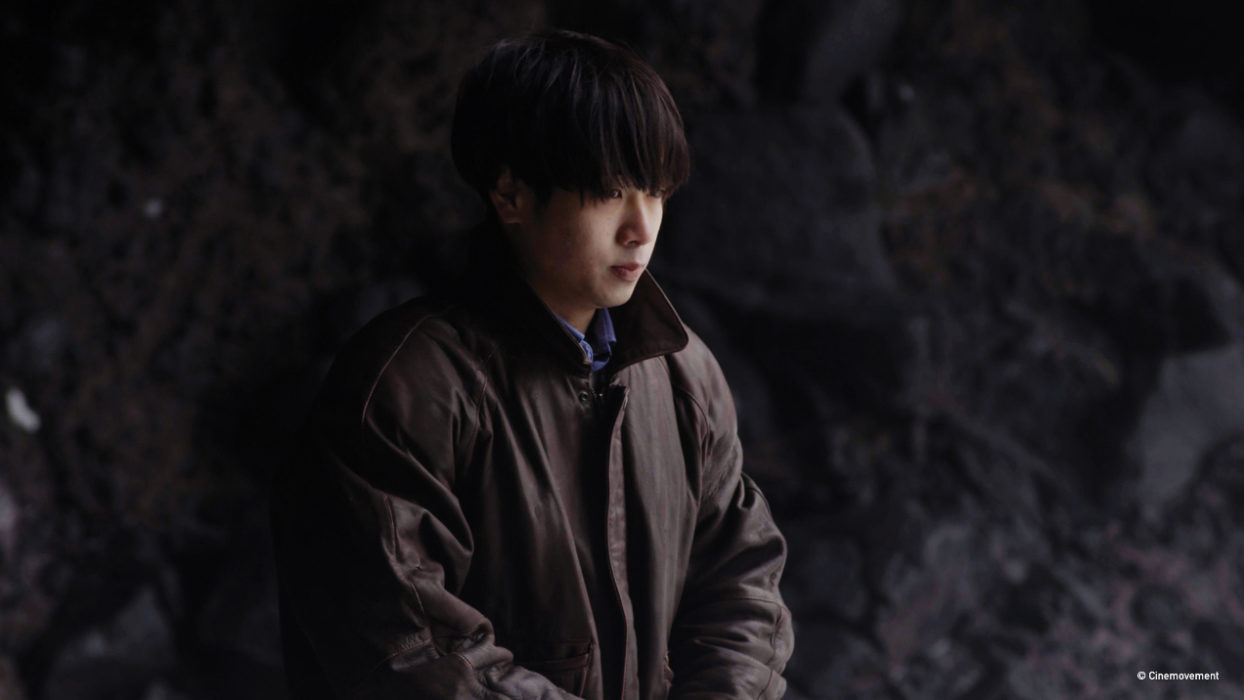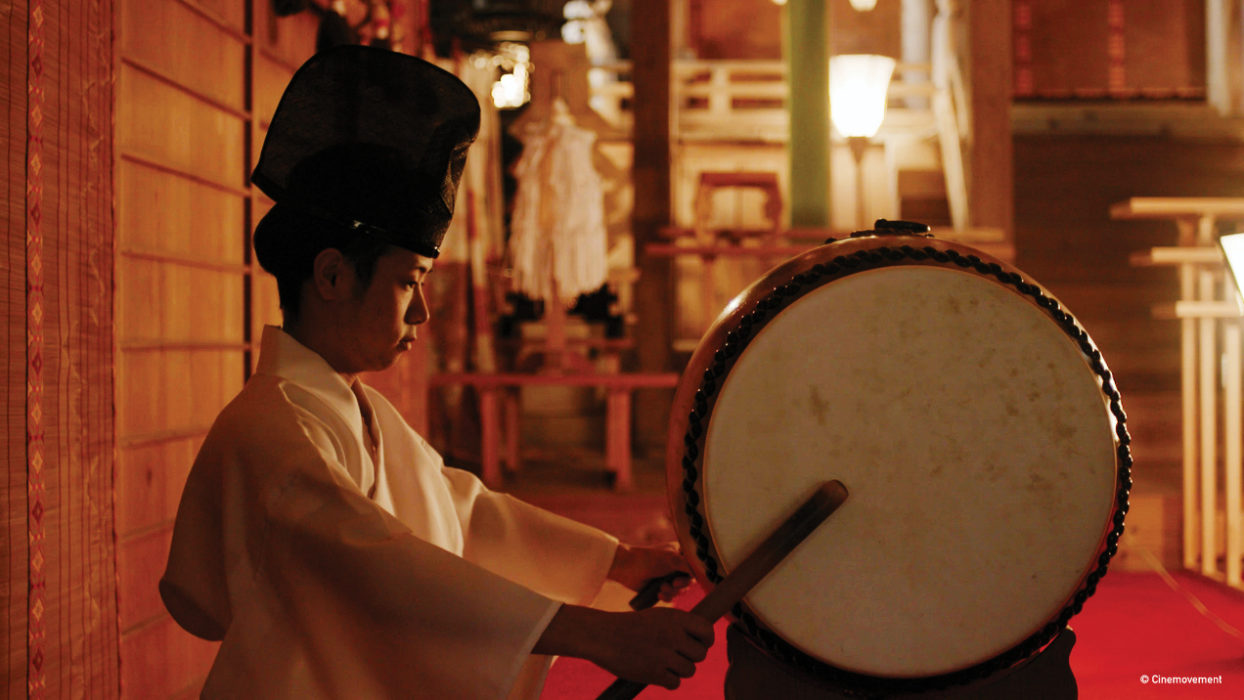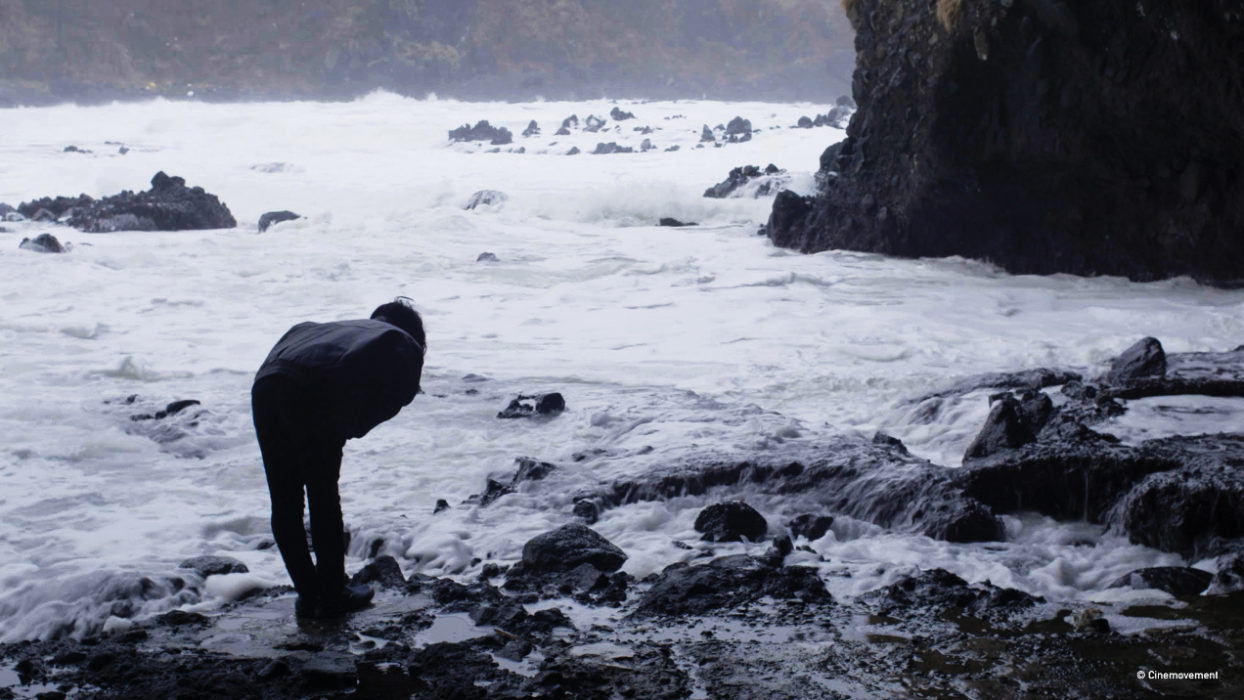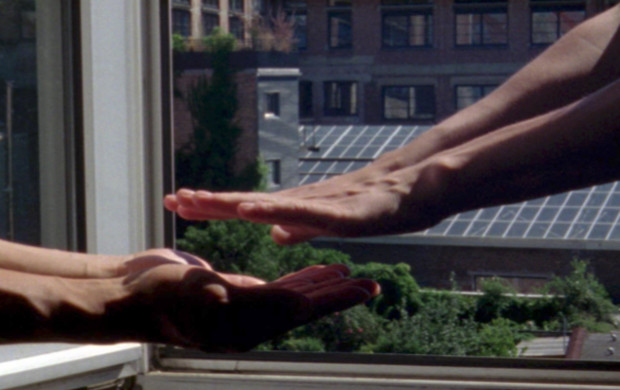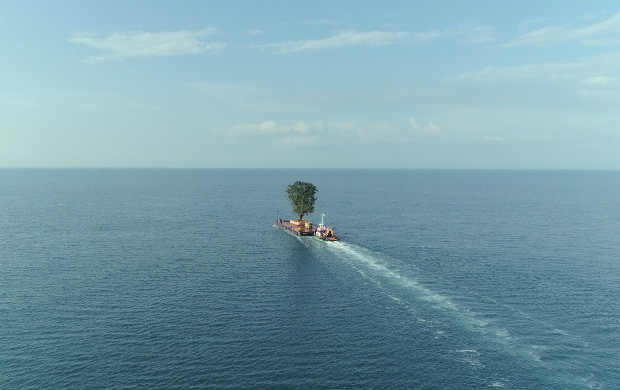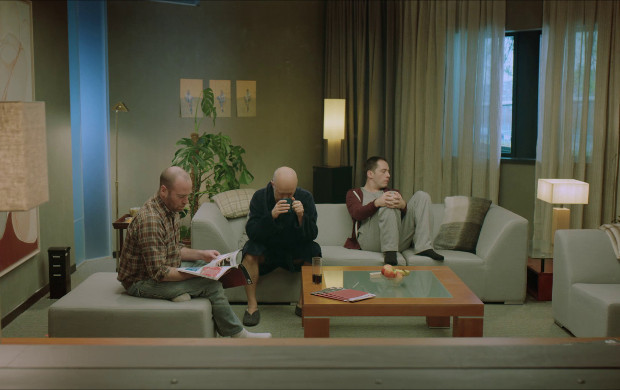Faraway My Shadow Wandered
- 2020
- Singapore, Taiwan, Japan,
- 70 min
As a child, Junya promised his maternal grandfather to take over the family Shinto shrine. This did not come to pass as he did not share the same family name and grew estranged from his relatives. To escape this tension, Junya ventured overseas to pursue other dreams and distanced himself from his hometown. One day, while working in an Izakaya, he meets a foreigner researching a new dance piece. Together, they revisit Junya’s hometown to let go of a promise he cannot fulfil.
Junya begins the film asleep, and it is easy to imagine that this is nothing but a dream. A muted seaside dream, gentle but tormented, stretching towards a childhood place, one to which all dreams always lead us back. Anamizu is this place, a region on the Noto peninsula where Junya grew up and has now returned for a few days, torn between the kindly fragrances of memory and the aromas of guilty regret. Because his most searing memory is an unkept promise: fleeing from Anamizu to fulfil his adult dreams, Junya turned his back on the wish of his grandfather, who saw him as the heir to the Shinto shrine cared for by his family. So perhaps the shadow evoked by the title is the Junya of this unlived life, a dream-brother whose ghostly footsteps he is following in Anamizu. Unless, instead, this wandering shadow is Sara, the foreigner who has come there (to the peninsula and to the film) to dance. Sara was born the same day as Junya, which is reason enough for an encounter, enough to accompany him on his journey back in time, and to find, in her graceful and expansive gestures among the rocks and foam of Anamizu, everything that the lunar and discreet Junya refrains from expressing. Between the choreography and the landscape’s silent secrets, Faraway My Shadow Wandered draws the moving portrait of a grown-up child who is trying to understand why “swallows always return to their nest”.
Jérôme Momcilovic
- Production : Cinemovement, Potocol (Elysa Wendi, Jeremy Chua)
- Cinematography : Shaun Neo
- Sound : Lin Hsin Ru
- Editing : Chen Zhang Yun
- Original music : Jo Keita
